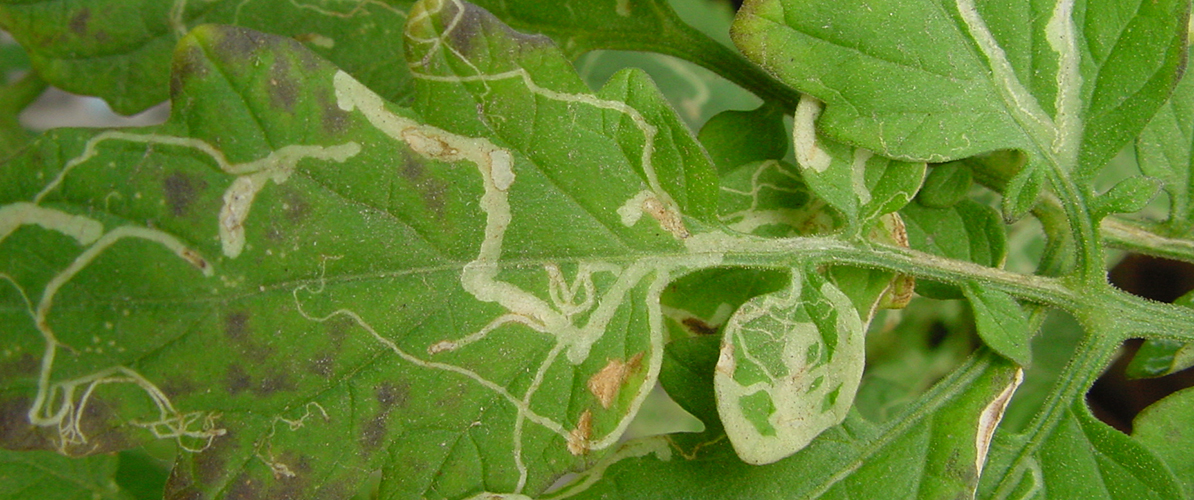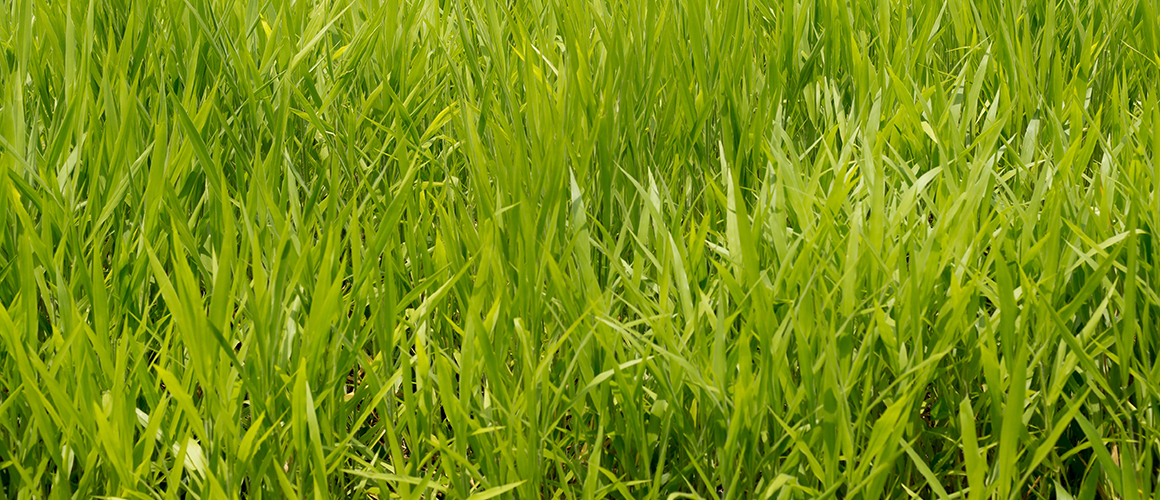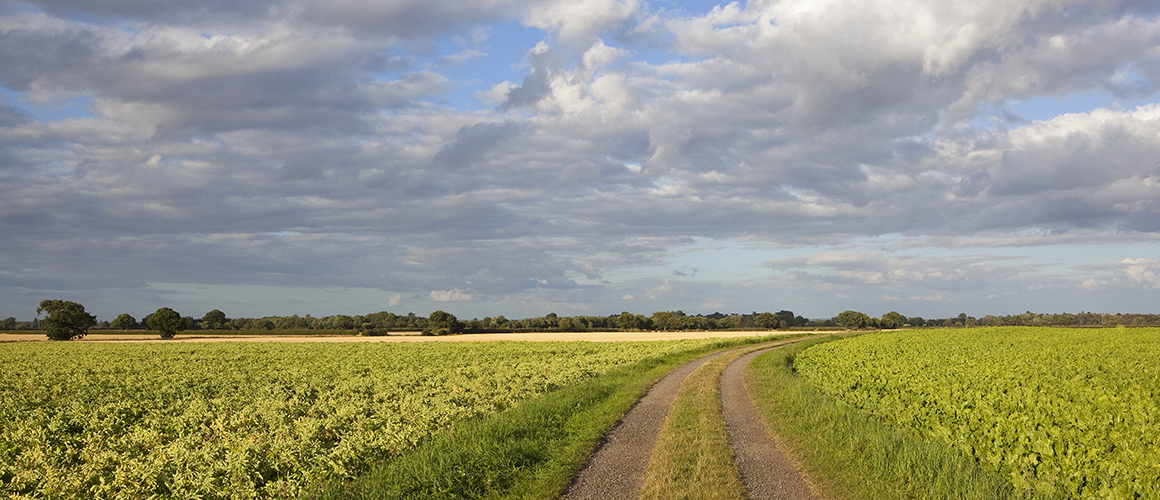
Free industry breakfast for Wide Bay-Burnett growers featuring industry expert speakers
26 March 2018
New Soil Wealth fact sheet gives tips on using winter cover crops
26 March 2018Dr Hazel MacTavish-West is travelling Europe as part of a Churchill Fellowship investigating innovation in the food industry in Europe, including the opportunities to incorporate more fruit and vegetables into value-added, convenient, healthy foods.
As part of this study tour, Hazel is focusing on opportunities relevant to Australian fruit and vegetable producers, especially around value-adding and utilisation of more of the crop to avoid food waste.
In the two weeks she’s been on the road so far, Hazel has come away with some great insights into overseas production and products that are available through retail channels, and with her permission we’re reproducing some of the highlights below.
Vegetable value
What if people valued vegetables as much as they value art? At the Flavour Horizons conference, Professor Charles Spence of Oxford Uni presented his book Gastrophysics and discussed some of the findings.
In one study he discussed, people were prepared to pay twice as much for salad on a plate arranged in the form of a piece of Kandinsky art, compared with a standard restaurant presentation. Full information on this study was published in the journal Flavour, and can be found online here.
Professor Spence also discussed the importance of naming products to attract consumers and shape their expectations. Calling a product “pasta salad”, for example, will sound less healthy to consumers than referring to it as “salad with pasta” – and going even further to call out specific vegetable ingredients, like “Neopolitan pasta with crispy fresh organic garden salad”, has an even greater effect.
Image gallery: Innovations in European retail
A selection of photos of innovative product formats and value-added vegetable products, taken by Dr Hazel MacTavish-West during her study tour in Europe.
Trust and authenticity
Hazel has found that one way of increasing the value consumers place on veggies is building trust between consumers and the product – which in turn comes back to the importance of provenance and being ‘real’.
Brand imagery from Mash Direct, a farming and food production operation, builds on this connection by using a red tractor logo, which ties into the UK’s ‘Red Tractor‘ food labelling scheme that promotes traceability and ethical production. It also uses the local landmark of Scrabo Tower to emphasise the provenance of the produce used in the food products, building a geographical (and emotional) connection with local consumers.
Stick to your roots
Finally, a key finding from Hazel’s tour so far has been the importance of knowing your business, knowing what you want to deliver and sticking to your vision of the products you want to deliver.
By identifying their vision and creating products that meet that vision, Mash Direct have been able to maximise productivity, reduce waste and increase profitability in the face of obstacles – including, but not limited to, retailers pushing for private label products.
Further reading
For more information on Hazel’s tour and her learnings, check out this post on LinkedIn, or read her interview in the Women in Horticulture feature in the latest edition of Vegetables Australia. You can also keep up with her updates from the rest of her tour live on her Twitter account @vegdoctor as she publishes more about vegetable value, product innovations, and product development and processing.
This post appeared in the AUSVEG Weekly Update published 27 March 2018.










